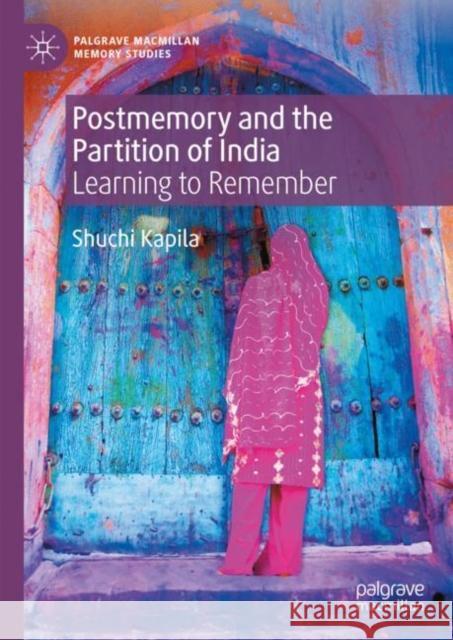Postmemory and the Partition of India: Learning to Remember » książka
topmenu
Postmemory and the Partition of India: Learning to Remember
ISBN-13: 9783031433962 / Twarda / 2024 / 173 str.
Kategorie BISAC:
Wydawca:
Springer International Publishing AG
Seria wydawnicza:
ISBN-13:
9783031433962
Rok wydania:
2024
Ilość stron:
173
Wymiary:
21.0 x 14.8
Oprawa:
Twarda
Dodatkowe informacje:
Wydanie ilustrowane











